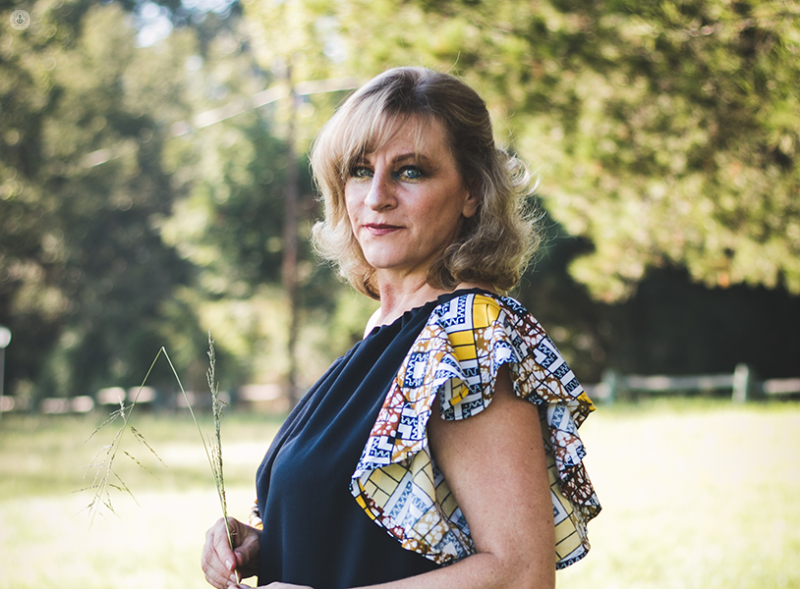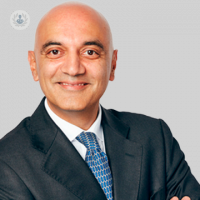Understanding the menopause: Why it happens and why it affects people differently
Autore:Why does the menopause happen, and why does it seem to affect people differently? We spoke with Mr Arvind Vashisht, a leading consultant gynaecologist based in London, to get all the answers.

What exactly is the menopause?
People often talk about the menopause as a period in their life or a process that they go through. But, in medical terms, the menopause itself is actually a particular moment in time. You are said to have “reached” the menopause when it has been exactly one year since your last period.
You can have menopausal symptoms several years before this point. This broader period of time is called the “perimenopause”, and many women suffer symptoms without a diagnosis.
Why does the menopause happen?
In the vast majority of women, the menopause is a natural reduction in the activity of the ovaries that occurs with age. The average age of the menopause is 50-51 years, but it’s quite common for your periods to stop a couple of years earlier or later than this.
With time, the ovaries stop producing oestrogen, disrupting your periods. It’s this drop in your oestrogen levels that also causes the classic symptoms of the menopause such as hot flushes and night sweats.
If your periods stop before the age of 40, we call this “early menopause”. Such an early menopause, or premature ovarian insufficiency, is uncommon – it only happens to about 1% of women. For most women with early menopause, it is due to a specific event such as surgery, drugs, or radiotherapy. In this group of women, it is particularly important to take treatment for long-term disease prevention.
Why do symptoms vary from person to person?
Every woman will experience the menopause differently. The most well-known symptoms are night sweats and hot flushes, but these don’t affect everyone – and some women will go through the whole process without any significant symptoms at all. Less well-known symptoms can include mood changes, joint pain, vaginal dryness, and sexual difficulties.
We know that there are geographical variations in the reports of symptoms such as hot flushes or sweats, but whether that's due to dietary or cultural factors or simply in terms of reporting them, it is difficult to know.
We also know that other medical conditions and lifestyle factors will influence symptoms and conditions associated with the menopause. For example, if you have a very low body mass index (BMI) or if you do not exercise, you’re more susceptible to diseases such as osteoporosis, which can also be exacerbated by a drop in oestrogen.
Still, it’s possible for two people in the same place with the same medical history to have completely different symptoms. We ultimately don’t know why it varies so much from person to person.
Finally, it’s important to recognise that the symptoms may actually be indicative of other problems or a result of medication.
The good news is that there is treatment available to tackle the symptoms of the menopause – so if your symptoms are affecting your day-to-day life, it’s worth a visit to a gynaecologist.


